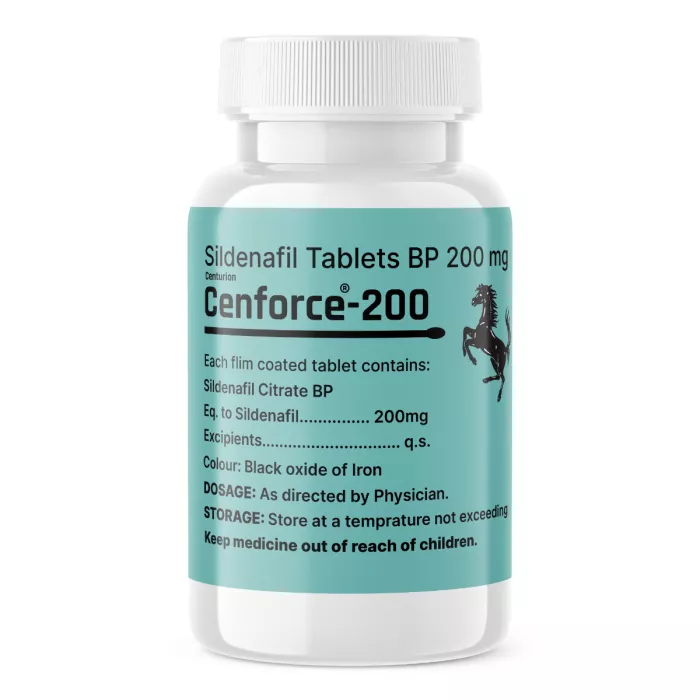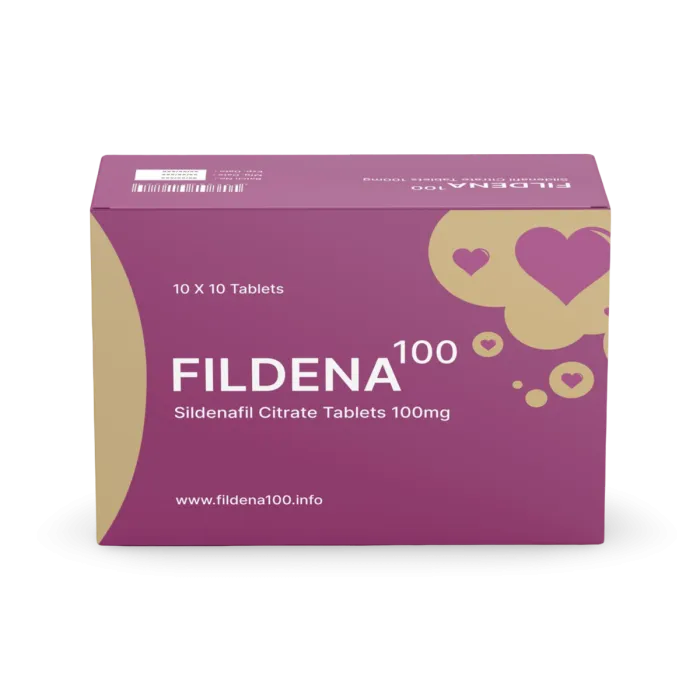Ejaculation problems are among the most common yet less pointed out male sexual health issues, impacting millions of men or Assigned Males at Birth (AMABs) worldwide of all ages. Ejaculating too quickly, too late, or not at all can cause stress, embarrassment, and strained relationships.
Male ejaculation problems, which are sometimes ignored as a temporary concern or hidden due to shame, may really indicate deeper medical, psychological, or emotional health concerns. Many males struggle in silence, unaware that effective treatments exist. In reality, these conditions affect not just performance but also well-being, confidence, and quality of life.
Understanding the various kinds of ejaculation issues and their probable causes is the first essential step toward finding effective treatments and resuming a satisfying sexual life.
In this article, we’ll look at the ejaculatory dysfunctions affecting a man in detail.
Common Ejaculation Problems
Premature Ejaculation, Retrograde Ejaculation, and Delayed Ejaculation are three common
ejaculation problems in males, all with different symptoms, causes, and treatment options. Let’s look at these ejaculatory issues in men in detail.
Save up to 90% on your medicine bills

Cenforce 200 mg

Kamagra Oral Jelly Rx 100 mg

Fildena 100 mg

Vidalista 60 mg
Premature Ejaculation
Premature Ejaculation (PE) is a frequent male sexual disorder in which ejaculation occurs sooner than expected during sexual activity, usually within a minute after penetration. This can create severe discomfort for both the individual and their partner, lowering self-esteem and reducing relationship intimacy.
The main symptom is the inability to delay ejaculation for more than a brief duration (usually one minute) after penetration or even before or during penetration. This lack of control causes irritation, Anxiety, and even withdrawal of sexual intimacy.
Causes
Various physical and psychological factors can cause Premature Ejaculation. Physical factors leading to PE often involve:
- Hormonal imbalances
- Neurotransmitters imbalances
- Thyroid and prostate issues
- Erectile Dysfunction
- Neurological problems
- Substance abuse
Psychological factors include:
- Anxiety
- Depression
- Stress
- Relationship issues
- Poor body image
- Sexual abuse
Treatment
Treating Premature Ejaculation problems often involves behavioral techniques and medications.
- The start-stop technique involves suspending sexual stimulation when ejaculation is approaching and then restarting after the desire has passed.
- Similarly, the squeeze technique involves gently squeezing the head of the penis right before climax to diminish sensation and prolong ejaculation.
- Some men use distraction techniques, such as thinking about non-sexual things during intercourse, to diminish desire.
- Masturbating a few hours before sex may also improve performance during intercourse.
- Additionally, wearing condoms can lessen penile sensitivity, allowing men to last longer by reducing direct stimulation.
- Practicing kegel exercises can also help men with PE in regaining sexual health.
- Several medications are used to treat PE, many of which are off-label. Commonly used medicines for PE include Tramadol, which assists in postponing ejaculation due to its drowsy effects.
- Selective Serotonin Reuptake Inhibitors (SSRIs), including Paroxetine, Sertraline, Fluoxetine, and Citalopram, can all cause ejaculation to be delayed, with Dapoxetine being the only SSRI specifically licensed for PE in some countries (although not in the United States).
- Furthermore, Phosphodiesterase Type 5 (PDE5) inhibitors, such as Viagra and Cialis, which are commonly used to treat Erectile Dysfunction (ED), may assist men with PE. This is particularly helpful when ED is a contributory cause or when combined with SSRIs for an additive effect.
2. Retrograde Ejaculation
Retrograde Ejaculation (RE) occurs when semen goes backward into the bladder rather than being released through the urethra during orgasm. While the man still has an orgasm, there is little to no visible semen; hence, it is also known as a dry orgasm.
The main symptom of RE is an absence or considerably diminished amount of semen during orgasm. Another significant symptom is cloudy urine after sexual activity, which contains semen. However, it is not harmful but can lead to infertility if not addressed on time.
Causes
Retrograde Ejaculation is primarily caused by a dysfunction of the bladder neck muscle, which usually shuts to restrict semen from entering the bladder at the time of ejaculation. Common reasons include:
- Surgery: Procedures, including Transurethral Resection of the Prostate (TURP), Prostatectomy, or bladder neck surgery, might harm the nerves and muscles that regulate this function.
- Nerve damage: Diabetes, Multiple Sclerosis, spinal cord injuries, and Parkinson’s disease can all affect nerve impulses in the bladder neck.
- Medications: Certain medications, such as alpha-blockers (used to treat Hypertension or an enlarged prostate), antidepressants, and antipsychotics, can relax the bladder neck muscle.
- Congenital abnormalities: In rare situations, birth problems impair the bladder neck.
Treatment
If fertility is not a problem, treatment may not be required since RE is not harmful. However, if treatment is desired, it depends on the cause:
- Medication adjustment: If a medicine is causing the issue, discontinuing or switching to another medication might solve the problem.
- Medications: Medicines that assist in tightening the bladder neck muscle, such as Imipramine (an antidepressant), Pseudoephedrine, or Midodrine, may be prescribed.
- Assisted Reproductive Technologies (ART): For men who want to father children, sperm can be extracted from the urine or directly from the testes and used in procedures such as Intrauterine Insemination (IUI) or In Vitro Fertilization (IVF).
3. Delayed Ejaculation
Delayed Ejaculation (DE), commonly known as male orgasmic disorder, is defined by persistent and significant difficulties in ejaculating despite sufficient sexual excitement. Men with DE take an extremely lengthy time (e.g., 30 minutes or more) to reach climax or, in rare situations, are unable to ejaculate at all.
The main symptoms of DE often include a requirement for prolonged sexual stimulation to ejaculate and the inability to ejaculate during intercourse or other sexual activities with a partner. Some males with DE may only be able to ejaculate through masturbation. The delay frequently causes physical exhaustion, loss of erection, or pain, resulting in frustration and Anxiety.
Causes
DE has several causes, including physical and psychological aspects.
Physical factors
Physical causes of DE include:
- Certain medications (particularly antidepressants such as SSRIs, High Blood Pressure medications, and antipsychotics)
- Neurological damage (due to conditions such as Diabetes, Multiple Sclerosis, spinal cord injury, or prostate/pelvic surgery)
- Hormonal imbalances, including Low Testosterone levels or thyroid issues
- Excessive alcohol or substance abuse
Psychological factors
Psychological factors include:
- Performance Anxiety
- Stress
- Depression
- Relationship issues
- Religious or cultural sex taboos
- A mismatch between sexual fantasies and real-life experiences
Treatment
The underlying cause of DE determines the appropriate treatment, often involving:
- If a medicine seems to be problematic, changing the dosage or switching to an alternative may be beneficial.
- If infertility is an issue due to DE, sperm retrieval procedures might be used to aid reproduction.
- While there are no FDA-approved treatments specifically for DE, several medications, such as Cabergoline or Bupropion, are occasionally taken off-label to enhance ejaculation.
- Sex therapy is essential for overcoming psychological hurdles, performance Anxiety, and relationship dynamics. It may include activities to raise arousal and focus on pleasure rather than performance.
Lifestyle changes and self-care that can help
Besides particular medical treatments, various lifestyle changes can help promote general sexual health and reduce ejaculation problems:
- Adopt stress management strategies, including meditation, yoga, deep breathing exercises, and indulging in hobbies.
- Regular exercise increases cardiovascular health, stamina, and decreases stress.
- A well-balanced, nutrient-dense diet can help with hormone balance and general health.
- Limiting your alcohol consumption and avoiding recreational substances can help improve sexual function.
- Smoking is associated with several health concerns, including sexual dysfunction. Avoiding smoking can help overcome sexual issues.
- Maintaining a healthy weight can boost hormone levels and self-esteem.
- Discussing issues with your partner and working on solutions can lessen Anxiety and increase intimacy.
- If relationship challenges are causing the problem, couples counseling can help treat the condition.

Conclusion
Ejaculation problems, while frequently upsetting, are common and easily managed with the appropriate treatment. Whether it’s Premature, Delayed, or Retrograde, these issues can stem from several physical, psychological, or lifestyle-related factors.
The good news is that most ejaculation disorders may be treated successfully, especially if they are handled early. Open conversation with your partner, lifestyle modifications, and expert help can all significantly enhance outcomes.
Every man’s experience is unique, and a specific treatment strategy is essential for long-term healing. With patience, support, and the appropriate remedies, healthy sexual function and confidence may be restored, resulting in a more pleasing and satisfying romantic life.
Frequently Asked Questions
Can energy drinks affect ejaculation?
Yes. Caffeine or sugar-containing energy drinks may provide short-term energy but might disturb sleep, Anxiety levels, and hormone balance, thereby worsening ejaculation difficulties over time. Hence, limiting sugary and caffeinated drinks is advisable.
Can herbal supplements help with ejaculatory problems?
Yes. Some herbs, such as Ashwagandha or u003ca href=u0022https://www.journal-jop.org/journal/view.html?uid=1076u0026amp;vmd=Full#:~:text=According%20to%20Choi%20et%20al.%20(2013)%2C%20taking%20Korean%20ginseng%20berry%20tablets%20reduced%20premature%20ejaculation%20and%20slightly%20improved%20penile%20erection%20%5B28%5D.u0022u003eGinsengu003c/au003e, may aid in stress reduction and hormone balance, although scientific data is lacking. Hence, before starting any supplements, always consult your doctor.
Does dehydration affect ejaculation?
Yes. Dehydration can lead to ejaculatory issues. Lack of water in the body can lower blood volume and lubrication, perhaps affecting sperm volume and delaying ejaculation. Staying hydrated promotes healthy sexual and reproductive function.
Is frequent masturbation a cause of ejaculation problems?
Yes. u003ca href=u0022https://www.cheapmedicineshop.com/blog/sexual-wellness/does-masturbating-cause-premature-ejaculation/u0022u003eExcessive masturbationu003c/au003e can desensitize the penis or change the arousal response, resulting in Delayed or Premature Ejaculation or decreased enjoyment during intercourse. Moderation and mindfulness may frequently help restore balance.
Can cycling cause ejaculation issues?
Yes. Prolonged cycling can compress nerves and blood vessels in the perineal region, thereby affecting ejaculation and u003ca href=u0022https://www.cheapmedicineshop.com/blog/sexual-wellness/erection/u0022u003eerectionu003c/au003e. Using a comfortable seat and taking rests lowers the possibility of harm.
Cheap Medicine Shop only refers to credible, authoritative sources for our content. If you’re curious about how we ensure the integrity of our content, we encourage you to read our Content Information Policy.














